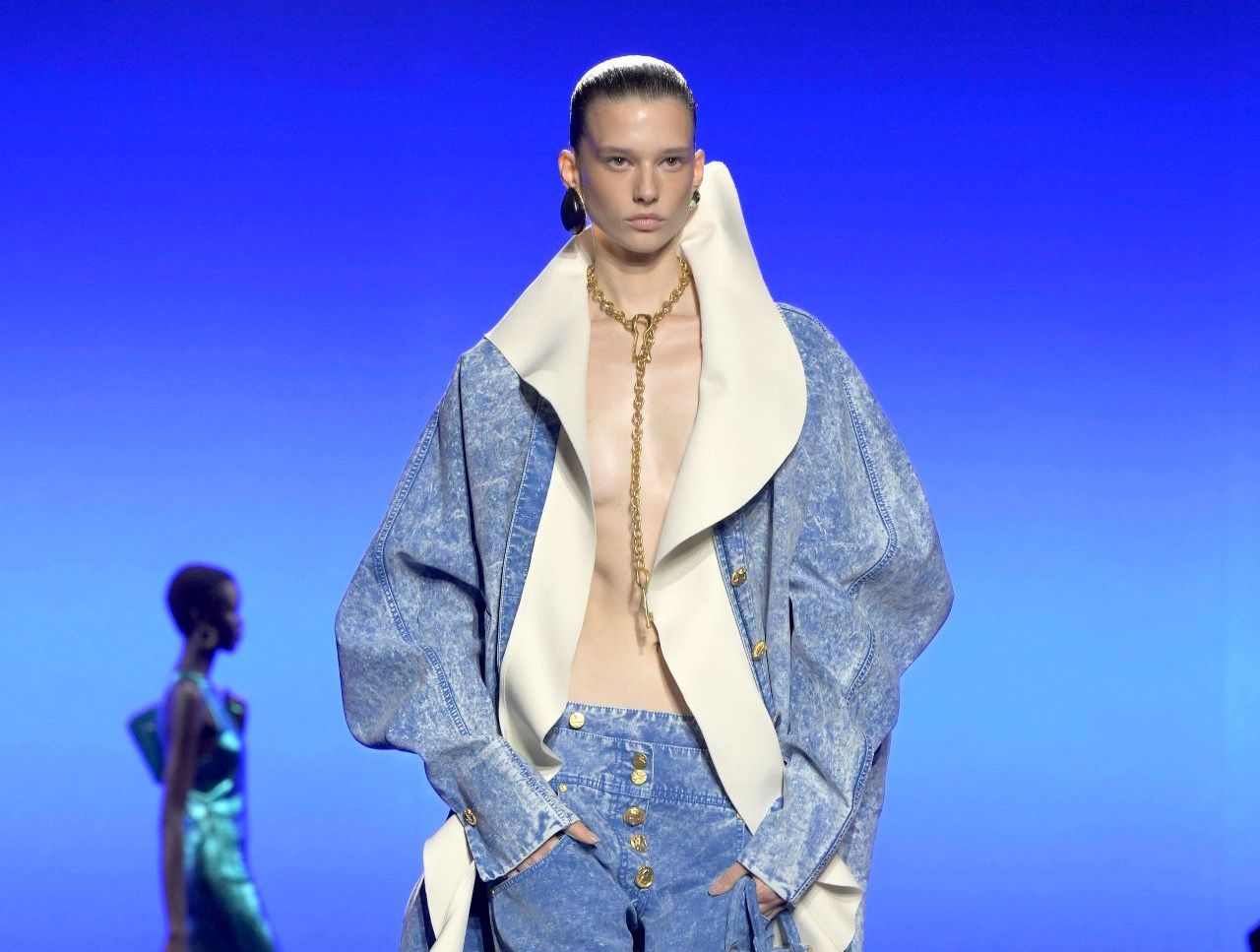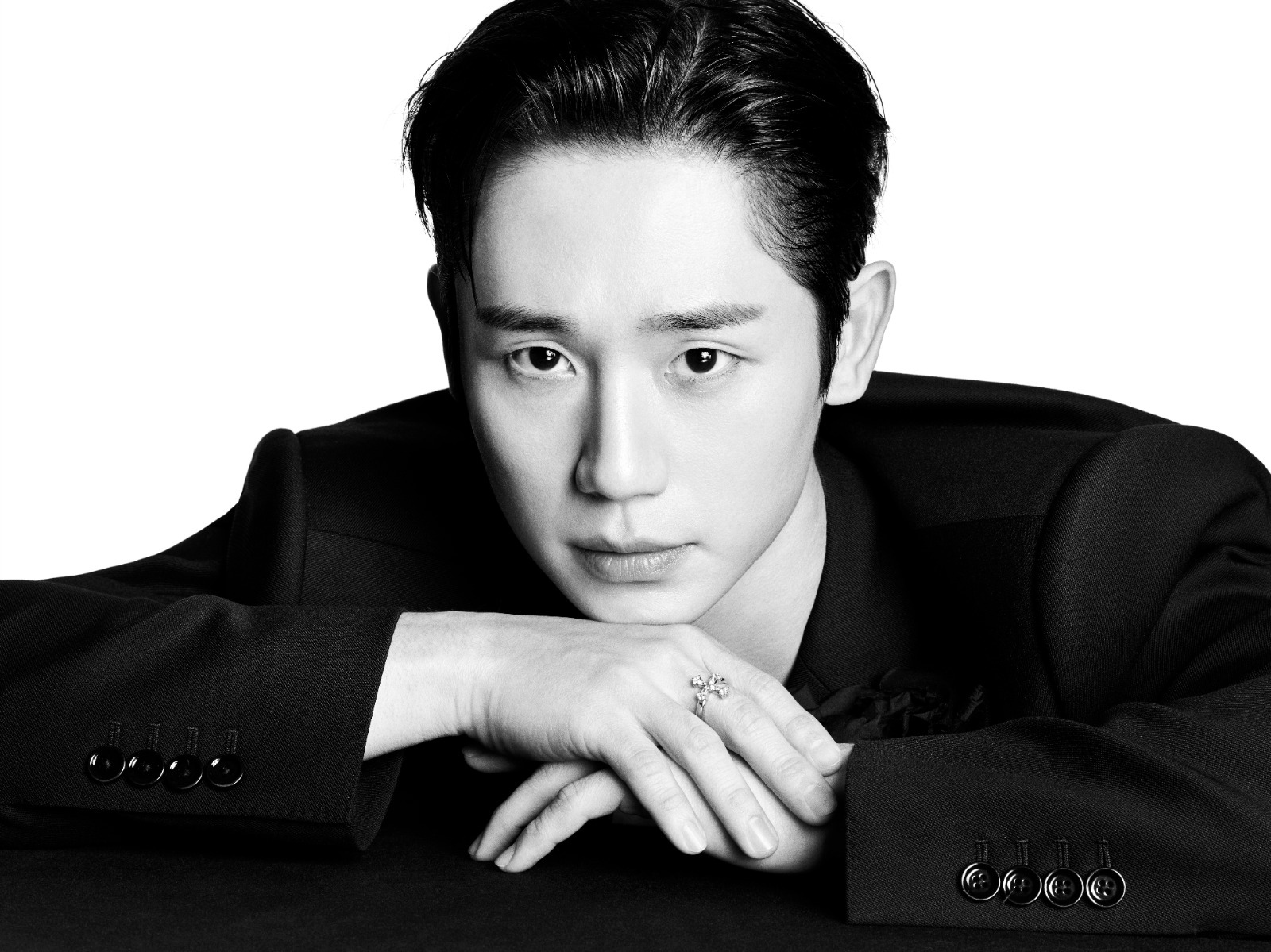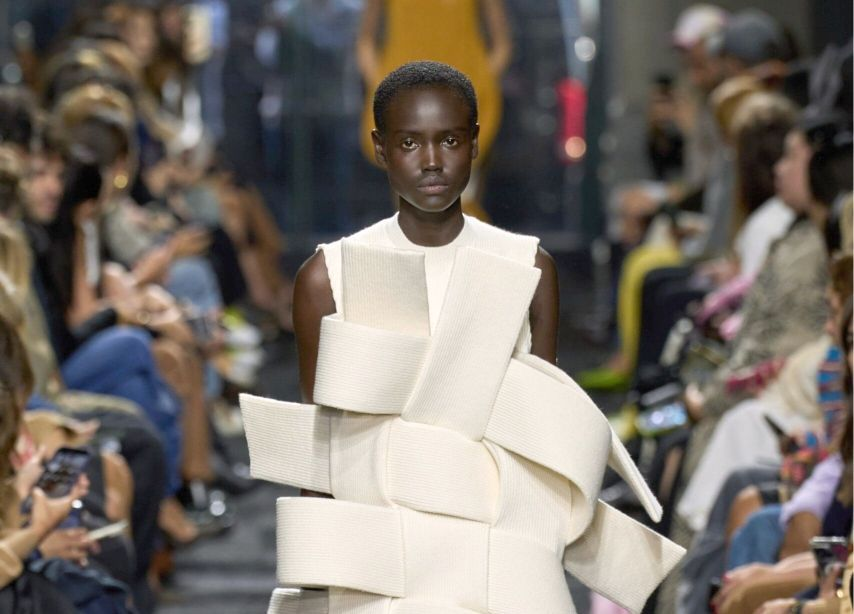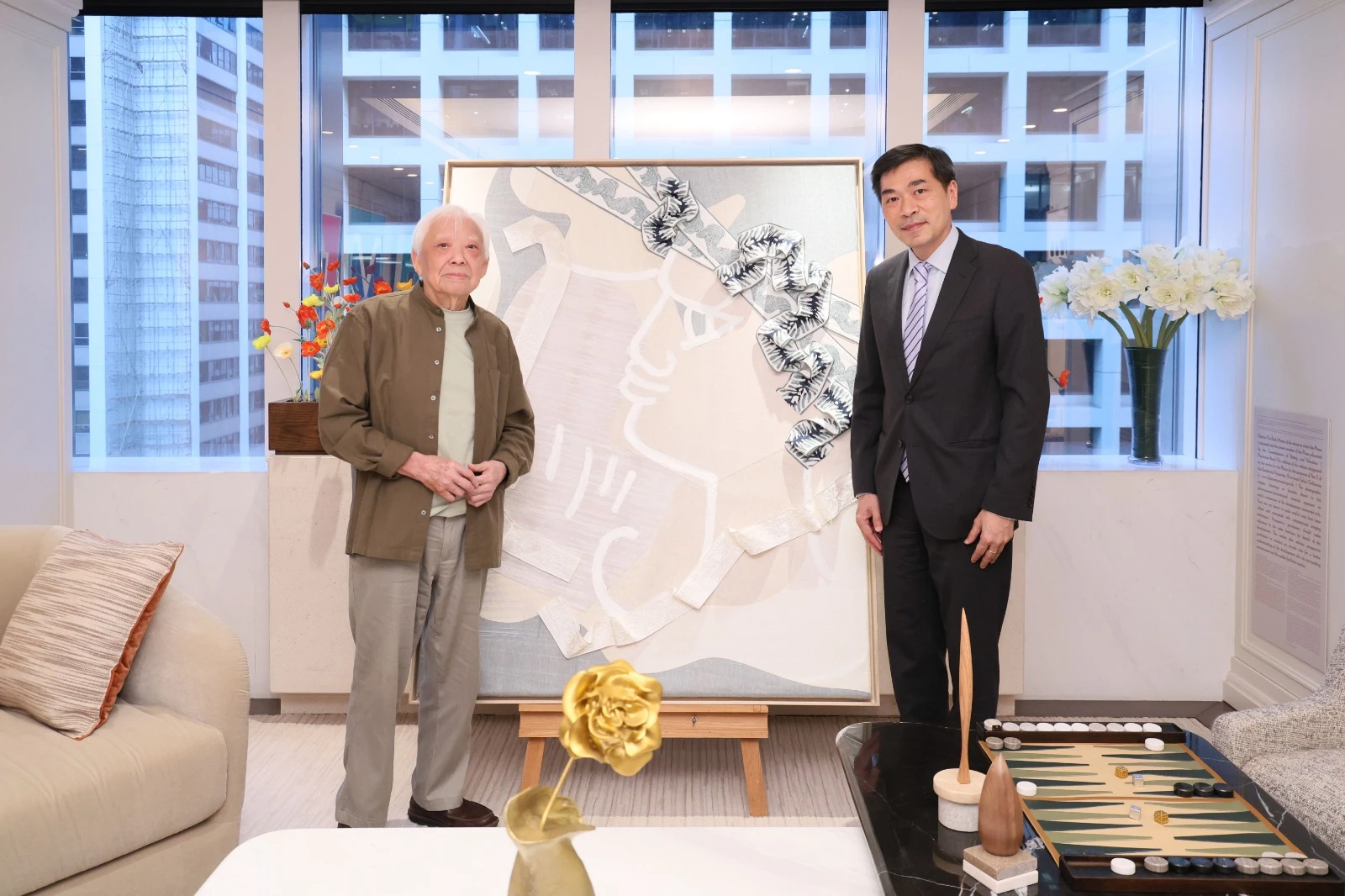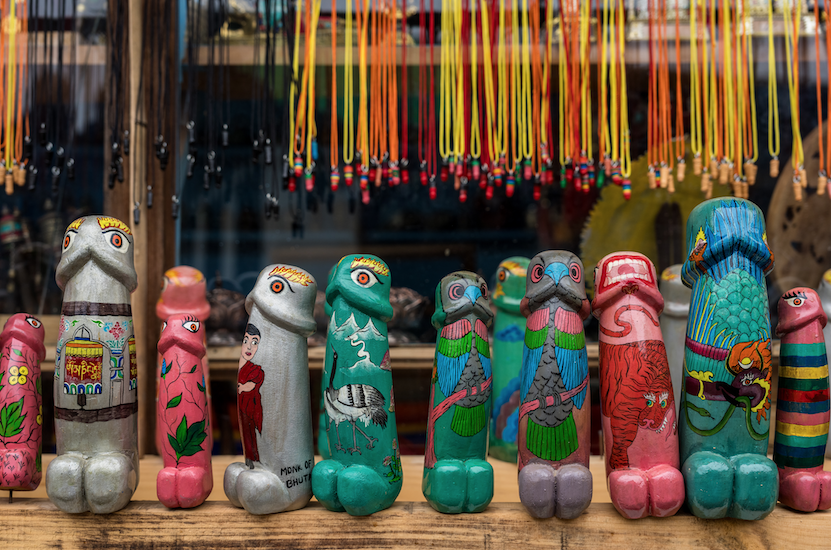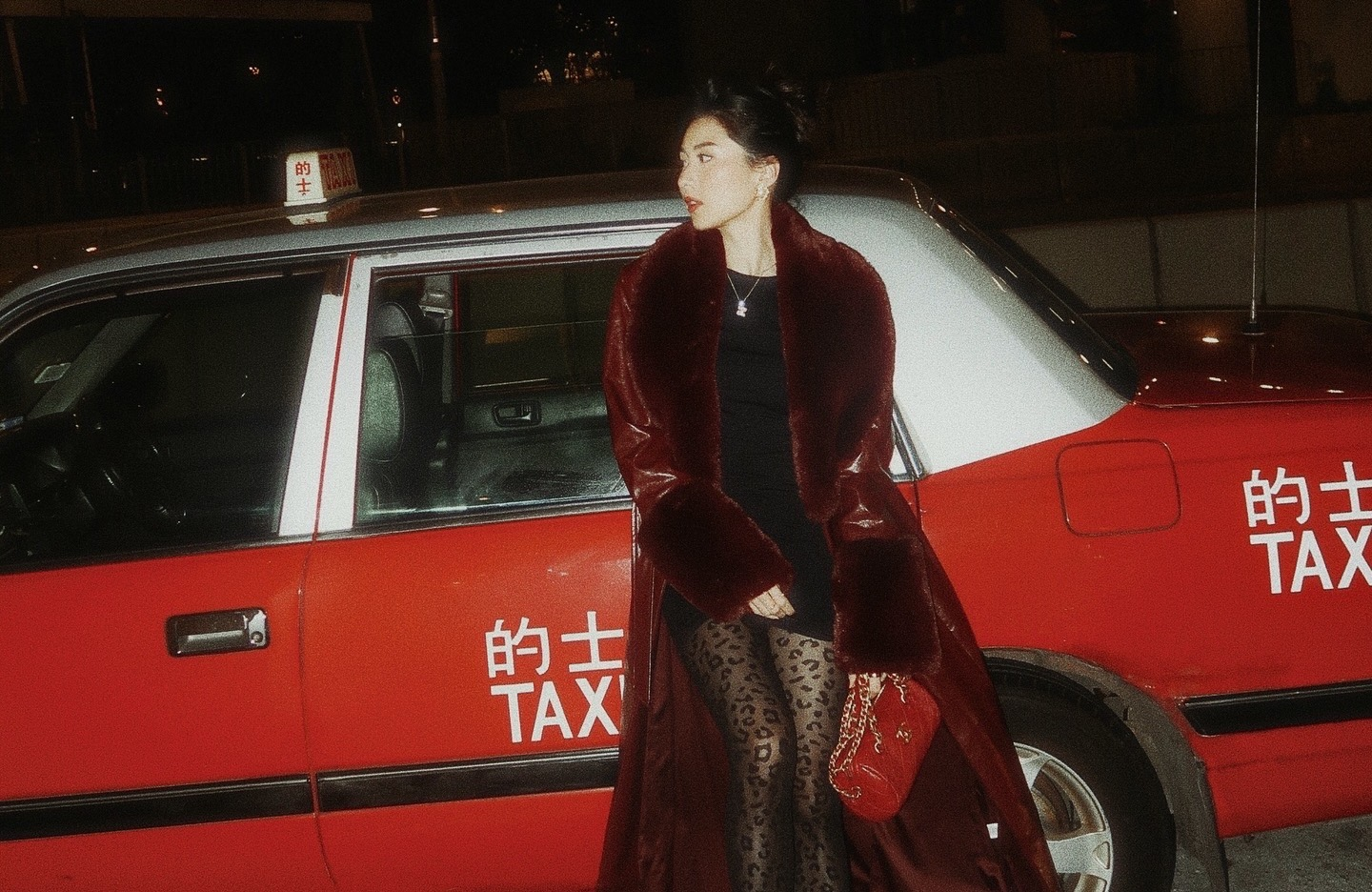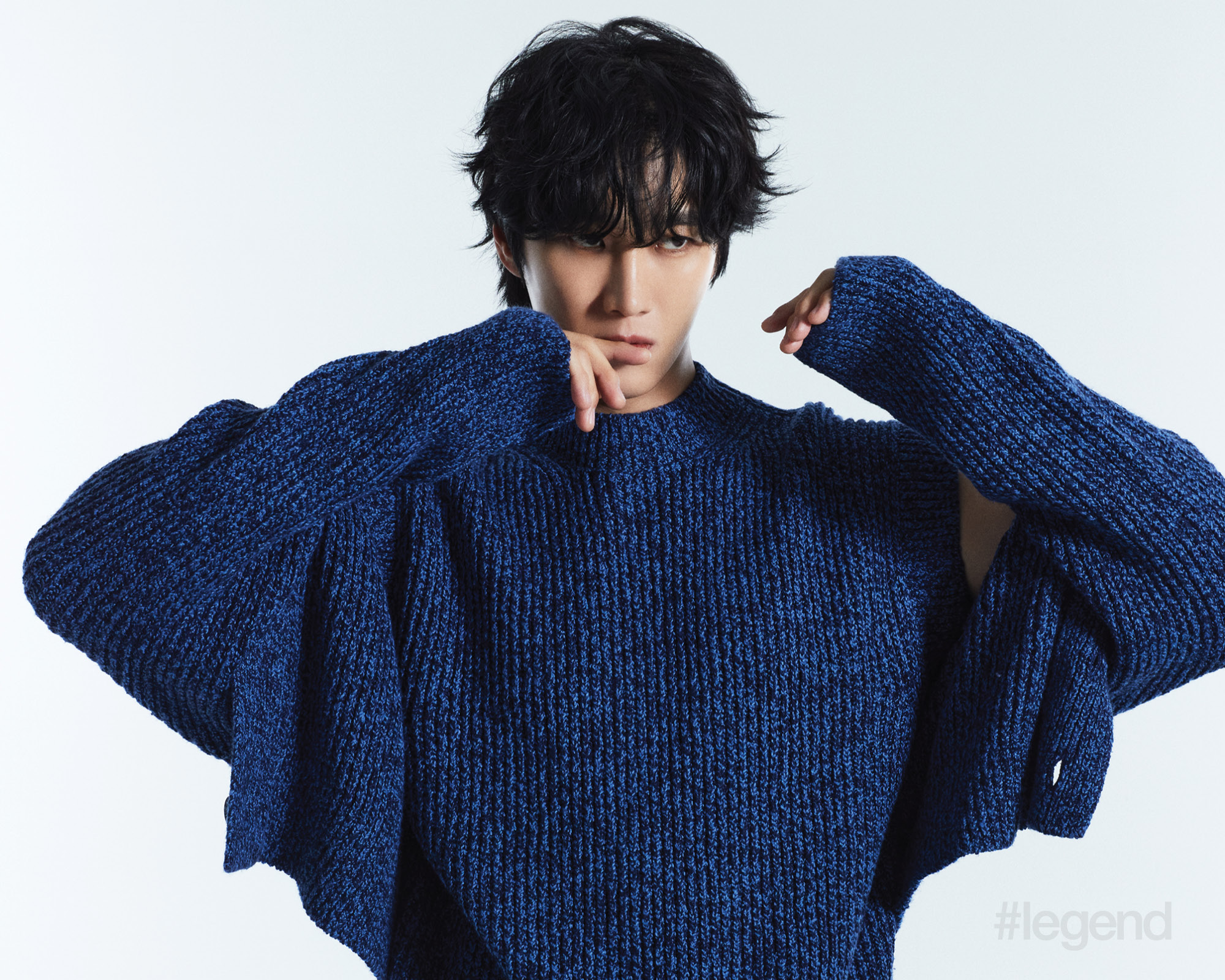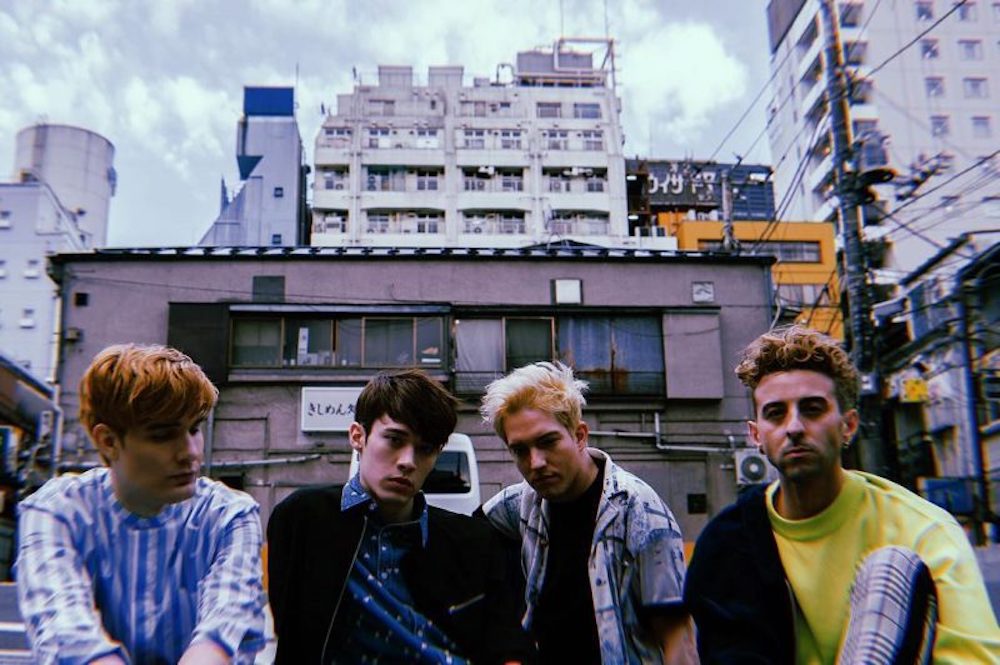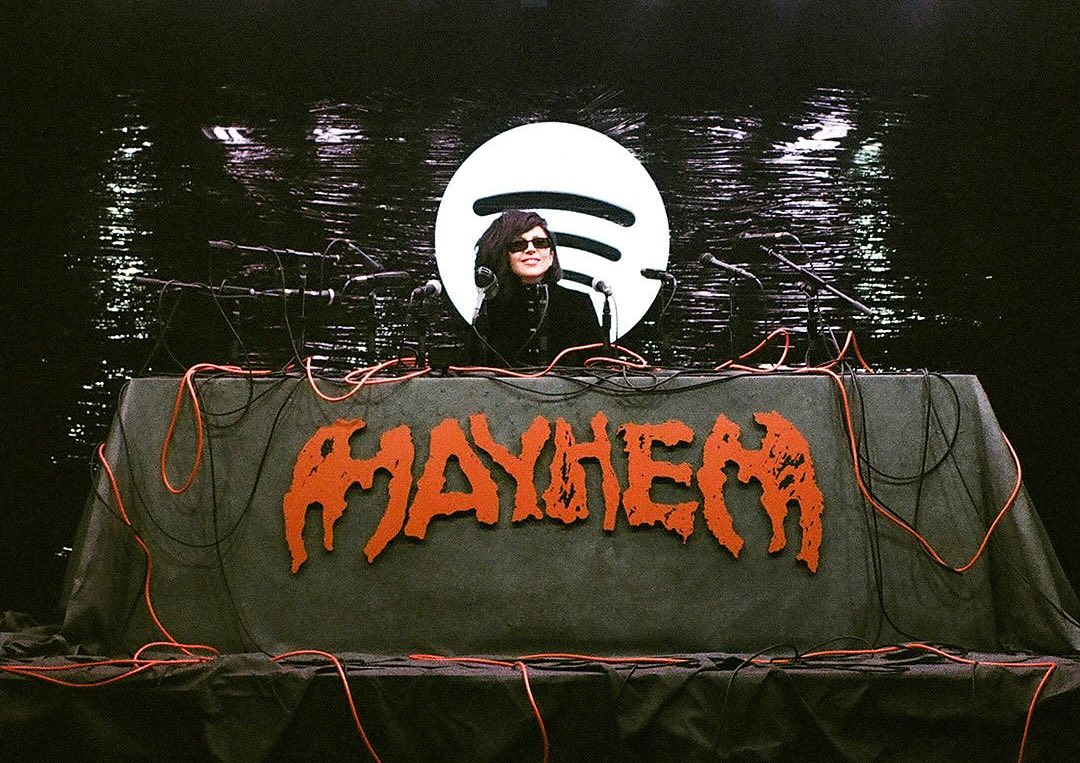EXP EDITION founder Bora Kim talks cultural appropriation
Sep 05, 2018
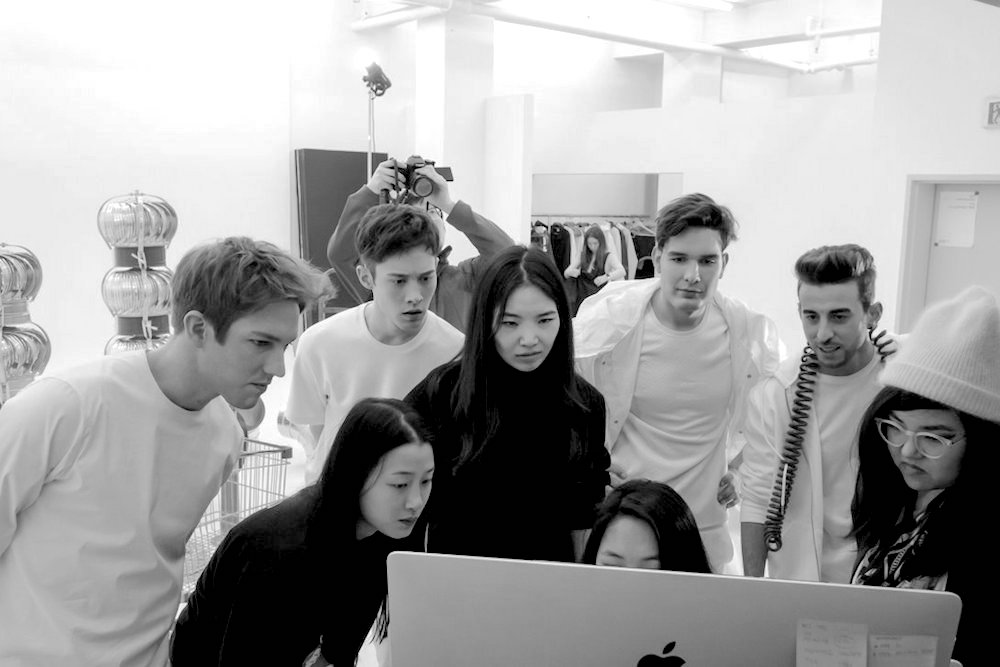
There’s a lot to say about art; some might say it’s pretentious while others aren’t able to see the ideas that lie beyond the imagination. Whichever way you look at it, not all works of art are reserved for snobs and intellectuals. Perhaps you don’t know them as a documentary art project but EXP EDITION (the world’s most controversial non-Korean K-pop group) was created to do more than just sing catchy tunes while wearing daring outfits.
Bora Kim, the founder of the group, isn’t just any artist, she’s a sociologist who has made it her life’s mission to make the world’s social issues known. To understand more about EXP EDITION and her take on cultural politics, we sat down to discuss everything from K-pop to misappropriation.
How did you come about the idea for this project?
After studying Sociology at Korea University, I went to study at the School of the Art Institute of Chicago—that’s where I met Karin Kuroda, she reintroduced me to K-pop, which was just around the time when it became popular in America. The idea for the project was born during an art class at Columbia University. I wanted to explore other powerful ways to discuss social issues. People use academic texts to talk about the things they are interested in, but words can be complicated and perceived in different ways. When I joined Columbia University’s MFA program (where conceptual and performance artists work on their own projects for two years), I decided to make it a documentary art project.
The world of fine art has a specific audience and I wanted to reach a larger group of people. Because art projects tend to have an academic side to them, I did a lot of sociological research on K-pop—exploring this new phenomena and how to highlight it. The status of the Korean Wave is constantly changing — five or six years ago it became something special but it lacked a lot of depth so I wanted to contribute and talk about more important issues. Trying to find my medium as an artist, I found that perhaps making a group was the best way to learn about the industry rather than reading a lot of misinformation. When I realized I couldn’t do this by myself, I asked Karin and Samantha Y. Shao to join and they both brought unique perspectives to the project.
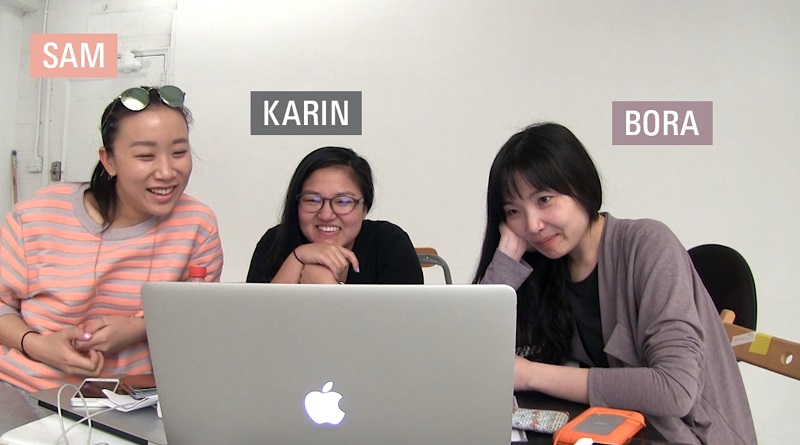
Why is it important to start a conversation around cultural politics?
Everything we do, make and produce is in the parameters of society — we have a responsibility to the culture we inhabit and the ones you get in touch with. Especially when we’re talking about mass culture and pop, it’s just a shallow and cheap product that talks about the same thing over and over again, but it reflects so much about the situation we’re in. Korea was occupied by Japan for several decades and K-pop has become our first export product — and it all happened so fast. The view we have of Korea has changed a lot. Koreans have always consumed pop culture from America and Japan. Now there’s a global shift, people are becoming less influenced by American culture and looking for something new.
There are certain things that are difficult to talk about because you need to know the context. You can’t talk about cultural appropriation without acknowledging history — it’s hard to know all the nuances and have all the information but you need to know the context to be able to make a judgement.
Why do you think the K-pop industry has become a global phenomenon?
This isn’t only about Korea, it’s a part of a change that exposes cultures to the rest of the world. People are looking for all kinds of cultural products to consume and learn from. We are curious and want more than just American pop culture—globalization is intensifying. New media such as YouTube has played a big role and perhaps it wouldn’t have happened without it. The characteristics of K-pop has an universal appeal because the sound is familiar but it has a new twist — this becomes clear when you compare it to J-pop. The market in Korea is too small to keep the system going, they clearly thought about the best way to export it from the beginning . It’s remarkable how BTS managed to penetrate the American market the way they did. They captivate the audience with jaw-dropping performances and even those who don’t consume pop culture as much as we do would agree.
Koreans talk a lot about the work ethic of idols, it’s the reason why they respect these groups so much. When you start following an artist, you’ll soon realize that their private life becomes the most important part of the product that fans consume. They are on camera 24/7 because it makes fans feel intimate with their favourite artists. The level of intimacy is just another reason why it’s successful. Idols aren’t seen the same way as boy bands in America, there’s such a high level of respect.
Would you say K-pop is part of the Korean culture? To whom does K-pop actually belong?
K-pop is an important part of Korean culture and identification. Ownership of a culture is a tricky thing to get into (even philosophically) because cultures all influence each other. When you use that sense of ownership for exclusion or use it as a tool for hate, it becomes a problem — and it’s a bad direction to head in. K-pop fans are very young, often consuming culture that they weren’t brought up with. It should be about understanding and being inclusive, especially when it comes to diversity. We should enrich the culture and not exclude anyone from it. There have been a lot of people who’ve changed their minds about EXP EDITION once they’ve gotten to know the group.
It’s heartwarming to hear them say they’ve misjudged them and they have a different perspective on it now. When you only see the surface (such as headlines and imagery) it may create a story that’s far from the truth. For the documentary, I’ve spoken to American K-pop fans, a lot of whom were previously One Direction fans. They don’t care that it’s an Asian product, for them it’s just a pop product they are dedicated to.
There are plenty of people who say EXP EDITION is appropriating Korean culture. However, the ‘K-pop’ genre is influenced by a variety of music styles which are considered American. What are your thoughts on this matter? Should both be considered cultural appropriation?
Although it’s not a hot topic right now, no one denies that K-pop is appropriating American culture — that’s the difference. The music was specifically influenced by pop music from Japan and America when it started in the eighties and nineties, this has always been on people’s minds but now they just accept it. Scholars and K-pop fans often talk about cultural appropriation. When EXO released ‘Ko Ko Bop’, one of the singers was seen wearing dreadlocks in the music video. The question of whether it was appropriation was brought up within the K-pop community. Historically, after the Korean War, America was a large influence — and even now the US army still resides in Korea. It’s different from the controversy that arises from African prints used in the fashion industry. Since Korea was colonized, students weren’t able to use their Korean names and weren’t allowed to speak their native language during the Japanese occupation.
In the nineties, SM Entertainment took the idol-system from Japan and applied it to their own artists — there wasn’t any other option. When it comes to appropriation, it has a different context in America than it does in Korea. People say that there’s nothing Korean about K-pop, that it was stolen from America, but it’s not that simple. It has something to do with the history. The VICE documentary tackled the issue of cultural appropriation and how it’s perceived amongst Americans and Koreans — it’s beyond someone’s own context and mindset.
Do you think, because EXP EDITION is a non-Korean group, you’ve created a subcategory in the ‘K-pop’ genre? The project was created to challenge certain perspectives but did you ever imagine K-pop fans would have such pessimistic views on it?
I knew it would challenge the boundaries of K-pop but I never expected such a big reaction. But I’m thankful that people care about the group — even for the negative response — it’s an important topic and it keeps the conversation going
How does it feel to see EXP EDITION gaining a following in Korea? In what way are they perceiving the group differently from non-Koreans and why do you think that is?
It’s amazing to see the support they’ve gotten in Korea. There was a fan once who said the group made her see this country in a new way. It stuck with me because K-pop is a complicated thing — Koreans looked down on idols before it blew up globally. That’s when their perspective changed. Although K-pop is an important part of Korean identity and pop culture, there’s a lack of diversity in music because idol groups dominate the music scene. EXP EDITION coming to Korea seems like an attempt to have a different perspective on what this genre can be.
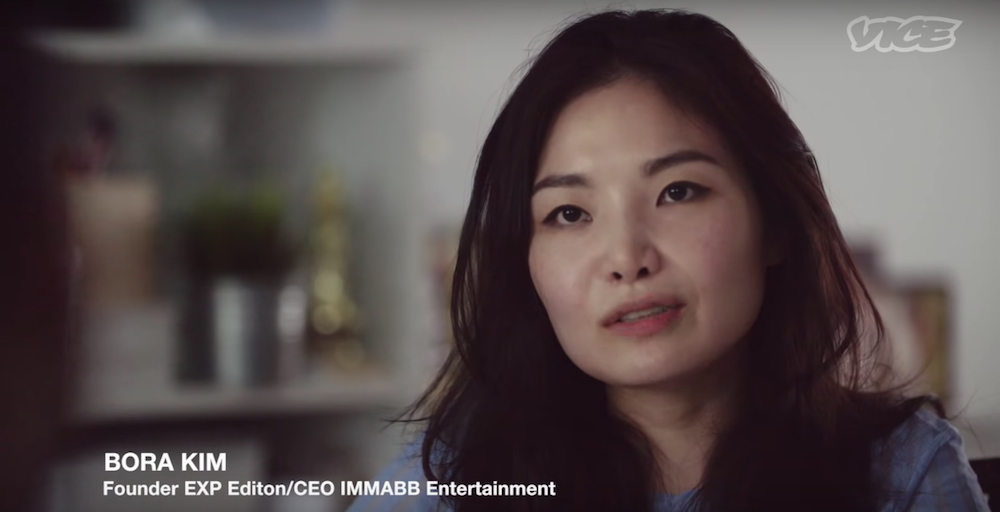
There seems to be some confusion amongst K-pop fans on what the intentions of the group are. Although it may have started as a project to spark conversation around certain social issues, would you say this has changed?
For us, it was never a separate thing. It’s a strange concept to a lot of people, we learned that people see these two things as opposing ideas. We wanted to start the conversation around these topics but we always strived to become a real K-pop group as well. The Korean music industry didn’t know who we were and when I talked about the inception of the group and why I started this project, they weren’t able to wrap their heads around it — they come from a business point of view. It’s a personal project, as a Korean artist who has studied in America, you’re expected to talk about your identity and be confronted by it in your work.
K-pop has become people’s understanding of Korea, but what is the essence of it? What makes it Korean and how do I relate to it? Because of the music, Korea has become a dominant culture and there’s a responsibility that comes with it. When the power of a certain culture becomes too big, it threatens other cultures. It’s important for the Korean pop industry to be aware of that and see these cultures who consume their product as partners and not to exploit them.
What’s next for EXP EDITION and IMMABB Entertainment?
Right now, we’re working on a documentary, which is about us exploring the industry. The guys are more confident in who they are as artists and are shaping their identity musically as well. They know what performances they are good at, which allows them to continue to grow and become more independent. The members are working on their own songs and a new album is next.
Can we expect a girl group anytime soon?
We would love that but at the moment it’s hard to even think about managing two groups.


